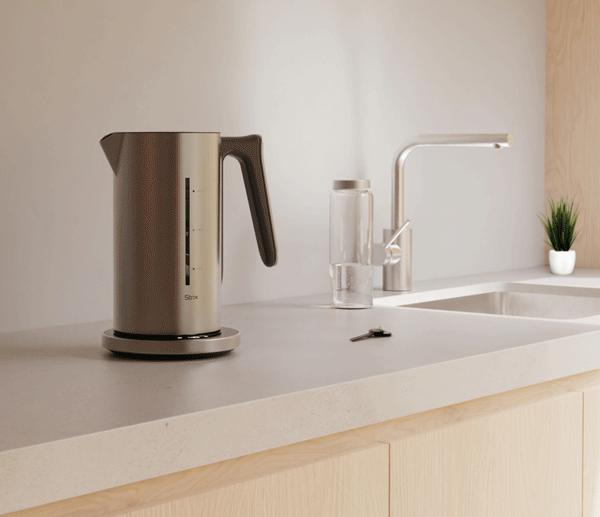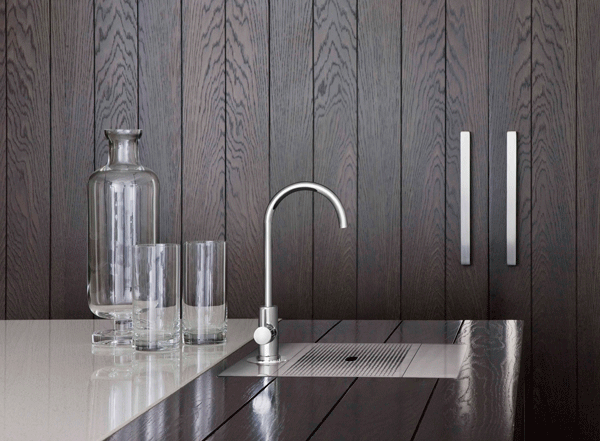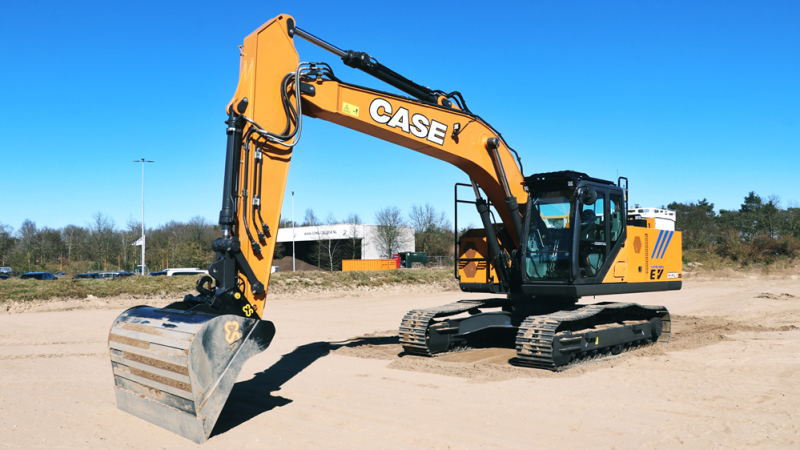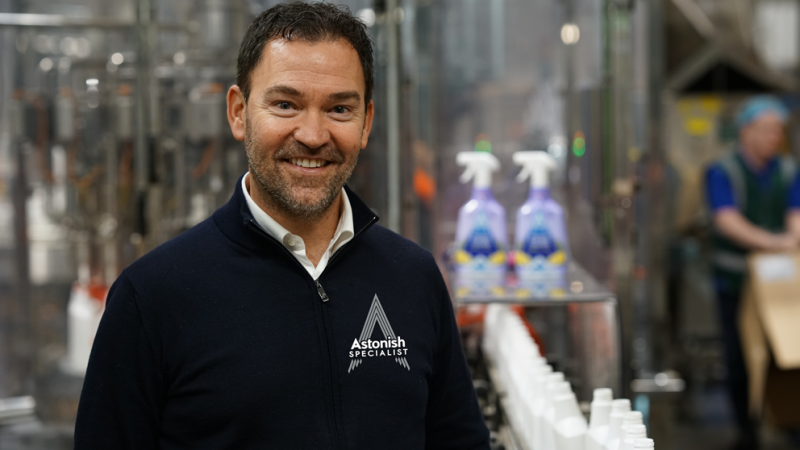You might not have heard of the Strix brand, and yet there are extremely good odds that one of its products is in your home, in your office, and anywhere you might go for a cup of coffee or tea. “Once you work at Strix you can’t go anywhere – a shop, a hotel, a friend’s home, without looking at the kettle and checking out the Strix logo,” says Rachell Pallett, CCO of Strix Controls and Billi.
Strix is the world leader in the design, manufacture and supply of safety controls for kettles, as well as other complementary water temperature management components, appliances and water filtration products. Its products are so ubiquitous that Strix has manufactured one kettle control for every three people on the planet – with a few left over.
“In October, Strix Controls is celebrating the production of its 3 billionth control,” Pallett says proudly. “I’ve never worked for a business where so many products have been produced that have gone all around the world in that quantity. Since 1982, 3 billion Strix kettle controls have been manufactured.”
But two years ago, Strix added another product to its repertoire with the acquisition of Billi, a recognised and reputable Australian brand in premium instant, filtered, boiling and chilled water systems for over 30 years. Much like Strix, Billi’s products are celebrated for their functionality, performance and contemporary aesthetics.
“They operate in different but related market segments, with Strix predominantly working in the kettle industry, while Billi offers hot, chilled and sparkling taps,” Pallett says. “Both businesses are leading the way in the design, manufacture and supply of technology components and systems.”
Between them, Strix and Billi are offering different technologies to different market segments to serve different needs, and yet in many ways they are both addressing the same challenge.
“It is fascinating seeing all the different things that go into two different ways of solving the same problem – needing a cup of tea!” Pallett says. “It is telling that we are a good home for both business models.”
 Where Aesthetics Meets Innovations
Where Aesthetics Meets Innovations
The crossover between Strix and Billi does not end with the fact that they are both trying to give you a decent cup of tea or coffee. Using different methods, technologies and routes to market, both companies represent the meeting of engineering and aesthetics.
“What sets Strix controls apart is the standard to which they are made, the quality of the materials they use and their design,” Pallett tells us. “All three of these are critical in a product where water meets electricity because safety is paramount. We have been a leader in innovation to ensure we are not just delivering faster, quieter kettles but ones that pass all safety and approval standards. We maximise quality and minimise the risk of a product recall, which is the last thing you want for a small domestic appliance.”
Strix also goes as far as offering an industrial design service to its customers.
“We are not just about the technology,” Pallett says. “We can help our customers with appliance aesthetics and ensure their chosen design suits the optimum manufacturing process. There is a good degree of consultancy in our approach.”
Technology and aesthetics are also central to Billi’s work.
As Pallett says, “When the customer buys a Billi system, they often focus on tapware aesthetics and we have received awards for the design of our tapware for many years, but what drives performance is the technology under the bench.”
Billi provides the only under-bench unit for filtered water dispensing with water cooling technology. Its designs necessitate a good understanding of how both water and heat move around.
“It is energy efficient, dissipating very little heat into the environment which means when you are installing one of these units you don’t have to cut unsightly venting grills or vents into your beautiful kitchen cabinetry,” Pallett points out. “Whether it is a high-end residential kitchen or a commercial office environment, that ease of installation is important. It is also a much quieter system.”
Billi’s systems also offer sustainability benefits. If people in public buildings are getting clean, cold, and even sparkling water from the tap, it means they are not carrying plastic bottles around with them. This is part of why Billi has had GreenTag certification on these products since 2012.
“It is a unique recognition in this product category,” Pallett says. “That goes back to not just the principle of eliminating single-use plastic, but the way the whole system operates.”
Both Strix and Billi soon hope to achieve ISO14001 energy management certification, while Billi’s factory is 100% powered by renewable electricity.
 A New Partnership
A New Partnership
But while Strix and Billi are both working in complementary areas, with similar goals and specialities, they are still different companies with different approaches, so when Strix acquired Billi there was still a process of integration to go through.
“We faced all the usual challenges, when a business is acquired and joins a group,” Pallett says. “We had different processes, different computer systems, different ways of reporting. But the thing that has really impressed me about Billi joining the Strix group is the similarities of the prevailing culture. Both companies have a lot of passion for the products they produce and the drive to innovate and provide good customer service. Both firms want to be the best and pursue sustainable business goals that existed in Billi before it joined the Strix Group. We fit very well.”
The acquisition has gone well, with Billi currently preparing to launch a new multifunction mixer tap for under-bench units. When we speak with Pallett, Billi is working with retail partners in Australia to upgrade their displays and show that tap off to the best of its abilities. This brings us to the big difference in Strix and Billi’s business models.
“Billi is selling complete systems that got through various channels to the residential market through various channels. We work with plumbers, merchants, facilities managers, public and private institutions,” Pallett says. “Strix is selling kettle controls directly to manufacturers. But there is a huge amount of synergy in how we drive both these industries forward, how we innovate and strive to do things better, more conveniently and with more energy efficiency.”
Pallett is also the first to point out that Strix and Billi have been able to learn a lot from each other.
“How we make a kettle control is different to how we make a Billi system, but the crossover learning and processes give us a fantastic development roadmap for the future,” she says.








